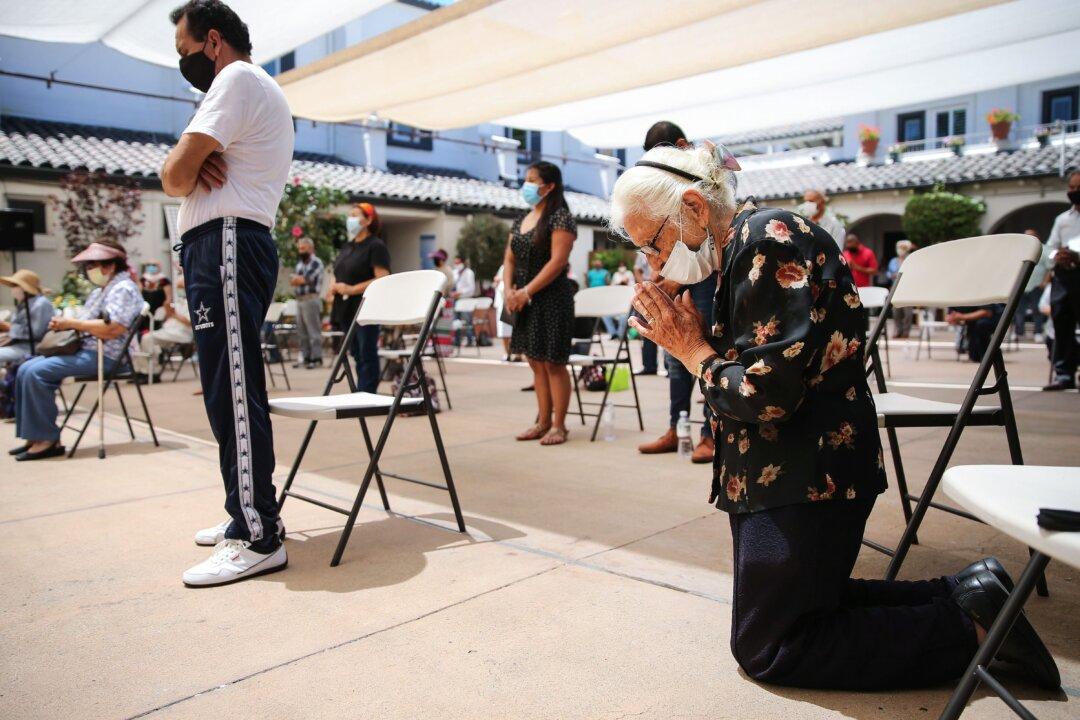News Analysis
Constitutional tensions between the authority of governments to use coercive powers to protect public health and the right of Americans to freely engage in religious worship have come to the fore in recent months as the quarantines, curfews, and stay-at-home orders amid the CCP virus, which causes the disease COVID-19 have dragged on.





